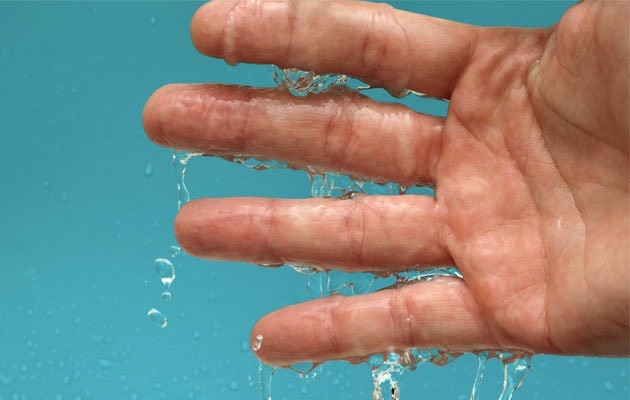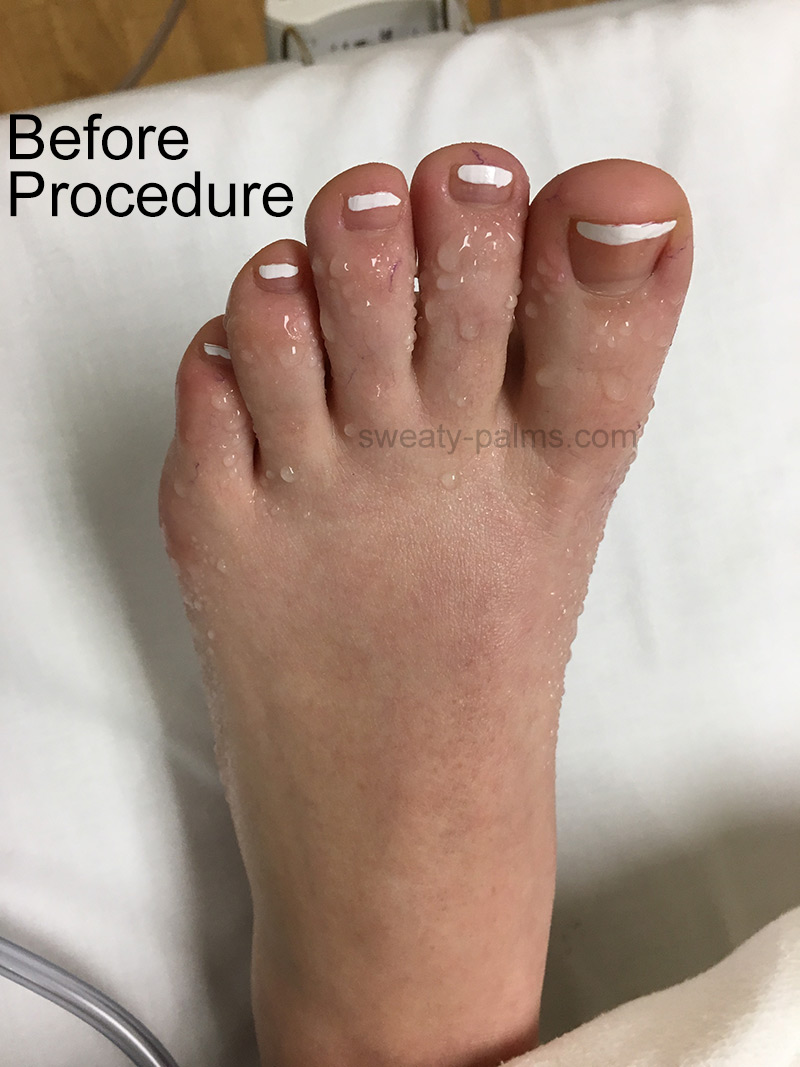Specialist Dermatology Solutions for Treatment of Hyperhydrosis of Hands: Comprehensive Guide
Specialist Dermatology Solutions for Treatment of Hyperhydrosis of Hands: Comprehensive Guide
Blog Article
Understanding the Root Reasons of Excessive Sweating and Its Influence On Daily Life
While it is typically understood as a physiological feedback to manage body temperature, the triggers for too much sweating can vary commonly among people, including not only physical factors yet likewise psychological and emotional aspects. By delving right into the root triggers of hyperhidrosis and discovering its complex effects, a deeper understanding of this pervasive concern can be gotten, dropping light on the complexities that people grappling with extreme sweating browse on a daily basis.
Physiology of Sweat Glands
The regulation of sweat manufacturing, a vital physical process, is mainly controlled by the task of sweat glands distributed across the human body. Sweat glands are classified right into two major types: eccrine and apocrine glands.
When the body temperature climbs, either as a result of exercise, heats, or emotional tension, the nervous system causes the gland to generate sweat. This sweat is made up primarily of water and electrolytes like salt and chloride. The procedure of sweat production is essential for maintaining the body's internal temperature within a slim, optimum range, highlighting the vital duty gland play in human physiology.
Triggers for Excessive Sweating
In understanding the origin of too much sweating, it is critical to identify the triggers that can result in this physiological action. Extreme sweating, additionally called hyperhidrosis, can be motivated by numerous factors, both physiological and environmental. One common trigger is emotional tension or stress and anxiety, which can stimulate the body's gland to produce even more sweat than is needed for cooling. Physical effort, high temperatures, and spicy foods are likewise known to trigger too much sweating in individuals susceptible to this problem. In addition, certain medical conditions like diabetes, menopause, or hyperthyroidism can add to excessive sweating as well.
Moreover, medicines such as some antidepressants, opioids, and particular supplements can also work as triggers for hyperhidrosis. Comprehending these triggers is essential in taking care of extreme sweating effectively - Sweaty hands treatment. By recognizing and dealing with the particular triggers that motivate excessive sweating in an individual, doctor can develop customized treatment plans to relieve this problem and improve the individual's top quality of life
Medical Issue Associated
Related to extreme sweating are various medical conditions that can intensify this physical feedback. One common condition is hyperhidrosis, a disorder characterized by unusually boosted sweating that surpasses the body's thermoregulatory needs. This can show up in focal areas like the palms, soles, underarms, or face, influencing an individual's lifestyle due to social embarrassment and discomfort.
Moreover, endocrine conditions such as hyperthyroidism, diabetic issues, and menopausal warm flashes can also cause excessive sweating. Hyperthyroidism causes an overproduction of thyroid hormonal agents, speeding up metabolic rate and causing sweating. Diabetes mellitus can generate sweating episodes, specifically throughout hypoglycemic episodes when blood sugar degrees drop too reduced. Menopausal warm flashes, credited to hormonal variations during menopause, can cause sudden and extreme sweating, typically gone along with by flushing and heart palpitations.
Moreover, infections like tuberculosis, endocarditis, and hiv have actually been related to evening sweats, an usual symptom known to interrupt rest and influence general well-being. These clinical problems highlight the diverse variety of underlying factors that can contribute to excessive sweating, demanding comprehensive examination and administration by health care experts.
Emotional and emotional Aspects

Effect On Social Interactions
Excessive sweating can have profound impacts on a person's ability to engage pleasantly in social interactions. The visible indicators of sweat discolorations or damp patches on clothes can result in embarrassment and self-consciousness, causing individuals to withdraw from social circumstances. This withdrawal can affect connections, limit social activities, and hinder expert and individual growth.

In addition, the stress and anxiety and hop over to here self-esteem concerns stemming from excessive sweating can influence interaction and social skills. Individuals might have a hard time to concentrate on discussions, visit this site right here join group activities, or reveal themselves with confidence. This can cause feelings of seclusion and loneliness, as social links come to be challenging to keep.
Conclusion

While it is generally comprehended as a physical response to control body temperature level, the triggers for excessive sweating can vary commonly amongst people, incorporating not only physical elements yet likewise emotional and mental components. By delving into the root triggers of hyperhidrosis and discovering its diverse impacts, a much deeper understanding of this prevalent concern can be obtained, losing light on the intricacies that people grappling with too much sweating browse on an everyday basis.
Physical effort, high temperature levels, and spicy foods are likewise understood to set off excessive sweating in people vulnerable to this problem. By determining and resolving the certain triggers that trigger excessive sweating in a specific, medical care service providers can develop tailored therapy plans to reduce this problem and boost the individual's top quality of life.
Too much sweating can have profound impacts on an individual's capability to involve easily in social interactions.
Report this page